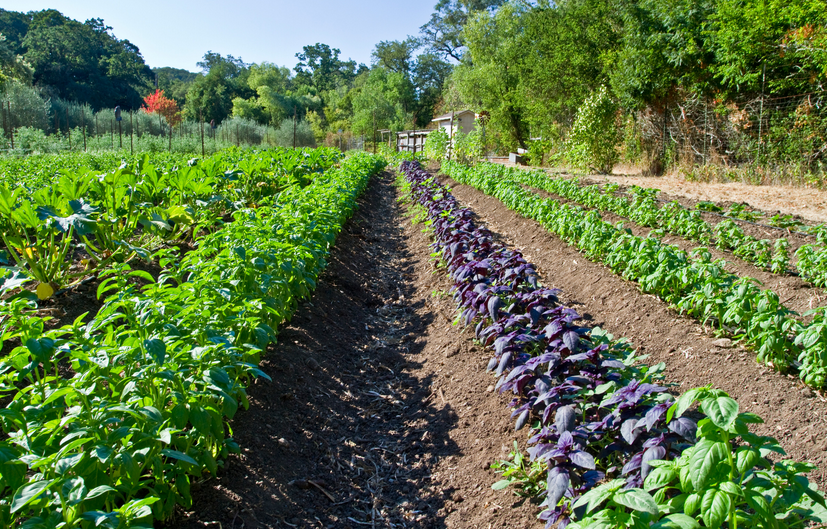The Administration of Senegal with Diverse International Organizations Inaugurated the Africa Integrated Climate Risk Management Programme by way to Bolster Smallholder Agriculturalists against the adversaries of Climate Change
By Abdul Rahman Bangura-

Photo Credit: Great Transition Initiative
NEW AFRICA BUSINESS NEWS (NABN) Freetown, Sierra Leone- The concept pegs to enable the resilience of small-scale farmers in seven Sahelian nations engaged in the Great Green Wall initiative: Burkina Faso, Chad, Gambia, Mali, Mauritania, Niger, and Senegal.
The Green Climate Fund, the African Development Bank (AfDB), the African Risk Capacity (ARC) Group, and the World Food Programme (WFP) are the vital partners that subsidized the initiative. The Ministry of Agriculture, Food Sovereignty, and Livestock of Senegal is the forerunner of the initiative.
The program visualizes to foster the resilience and livelihoods of 169,200 households in Senegal across nine regions of the country. The cumulative cost of the AICRM-Senegal amounts to $19.77 million, with roughly 60% funded through a grant from the Green Climate Fund, and the remainder financed by IFAD, AfDB, ARC, and the Senegalese Administration. The program is scheduled for implementation over six years, stretching until 2029.
Building upon existing IFAD-funded initiatives and leveling synergies with the ongoing Sahel Regional Programme, the AICRM-Senegal seeks to maximize impact and sustainability.
According to Ndèye Hélène Diallo, representing the Ministry of Agriculture, Food Sovereignty, and Livestock (MASAE), who chaired the inaugural workshop, “The AICRM Senegal program, with its comprehensive and integrated approach to climate risk management, offers a fitting response and a proven model for addressing climate change challenges.”
Matteo Marchisio – IFAD’s Country Director in Senegal, lamented IFAD’s continuous assistance for Senegal’s agricultural sector development. “IFAD remains committed to partnering with the Republic of Senegal in advancing our mutual objective of enhancing economic prosperity and food security. I am particularly gratified to witness the launch of this project, which I believe will propel Senegal towards a more climate-resilient agricultural development benefiting all its citizens,” noted Marchisio.
The AICRM program is poised to facilitate Senegal’s transition to low-emission agricultural practices by promoting sustainable forest and soil management, advocating for solar power micro-grids, and integrating solar energy into agricultural value chains. The program’s implementing agencies include the AGRI-JEUNES Project Coordination Unit, WFP, ARC, and AfDB through its Africa Disaster Risks Financing Programme.
For New Africa Business News (NABN) Abdul Rahman Bangura Reports, Africa Correspondent
